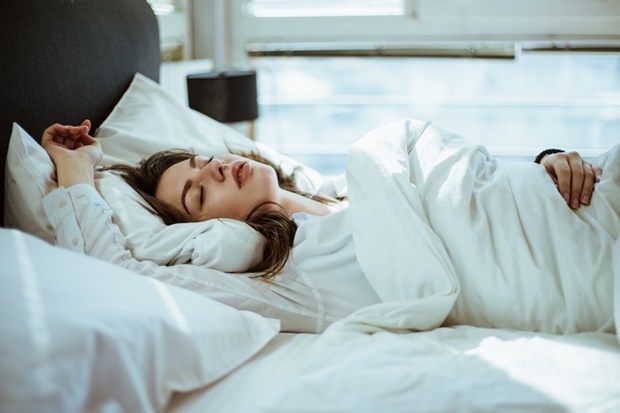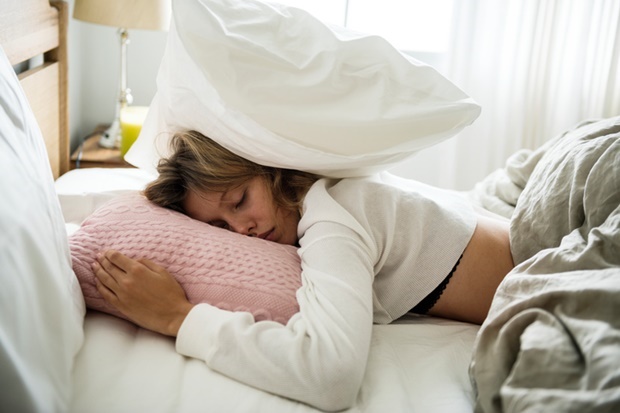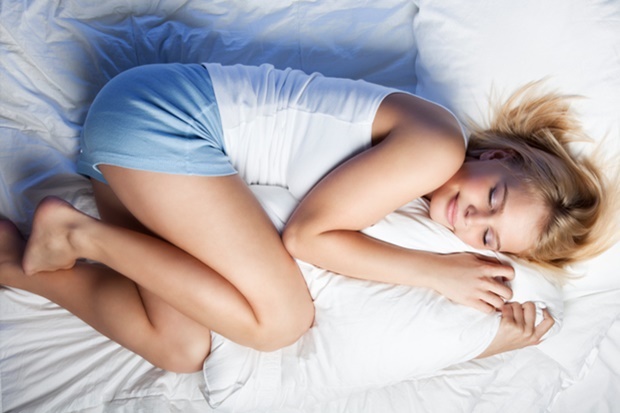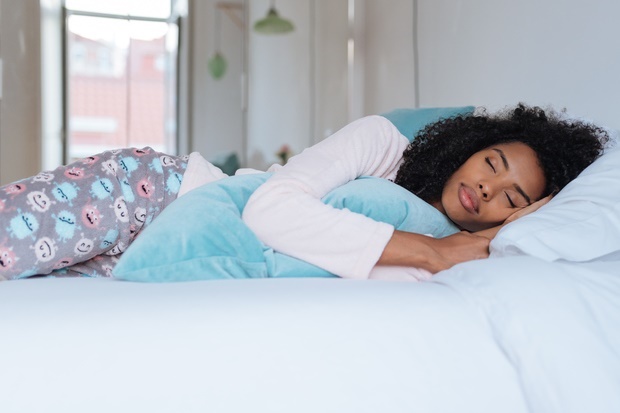Health24.com | The pros and cons of 4 sleeping positions
Everyone has their preferred sleeping position.
But while the position in which you sleep may be the coziest, it might not be the best one for your health.
We take a look at a few sleeping positions and their effects on your health:
1. Lying on your stomach
In an interview with Tonic, physical therapist Hidde Hulshof states that sleeping on your stomach is probably the worst position.
Pros
Sleeping on your stomach has been proven to benefit those suffering from sleep apnoea.
Cons
Sleeping on your stomach adds strain to your back and neck areas.
Hulshof states, “Physically, it’s an unnatural position that’s unfavourable to your neck and back. Your neck is turned in a way that locks your upper cervical vertebrae, which can cause headaches and neck problems.”
2. Foetal position
The foetal position is the most common sleeping position of all.
Pros
This position is recognised as being great for menstruating and pregnant women.
Cons
Studies show that sleeping on the right side increases the risk of stillbirth in pregnant women.
It is therefore suggested that pregnant women sleep on their left side.
In an interview with Glamour magazine, gynaecologist Lisa Lindley notes, “Sleeping in the foetal position takes pressure off the abdominal muscles.” Sleeping on one’s side alleviates pressure on the lower back and promotes healthy blood circulation to the heart.
3. Straight side sleeping
Commonly described as “sleeping like a log”.
Pros
This position, much like the foetal position, alleviates pressure on the back, therefore minimising back pain. It is regarded as being great for digestion.
Cons
Those who sleep with their arms under their pillows, however, often complain of intense pins-and-needles.
4. Back sleepers
Sleeping on your back is considered to be the best position.
Pros
One receives optimal neck and back support sleeping this way.
Cons
However, director of the Sleep Assessment and Advisory Service in London, Chris Idzikowski believes “sleeping on your back may lead to snoring and difficultly sleeping”. It is also not recommended for people suffering from sleep apnoea.

Image credit: iStock




